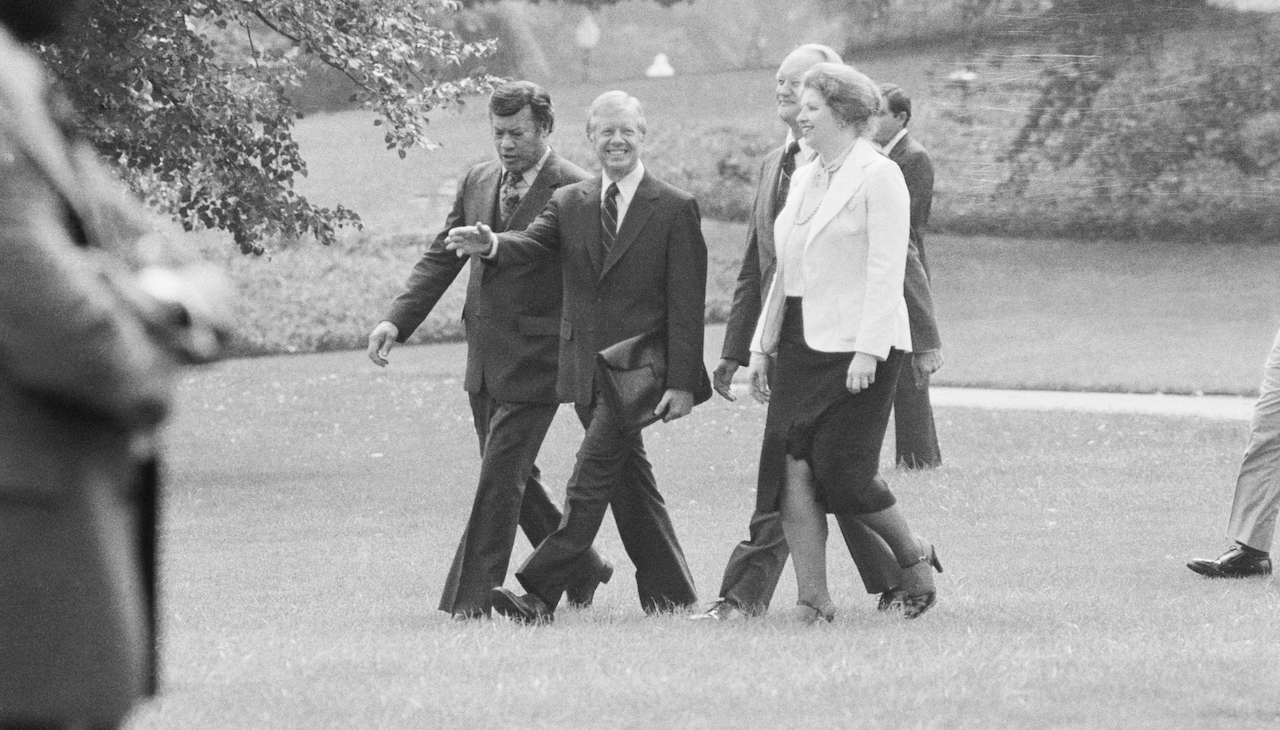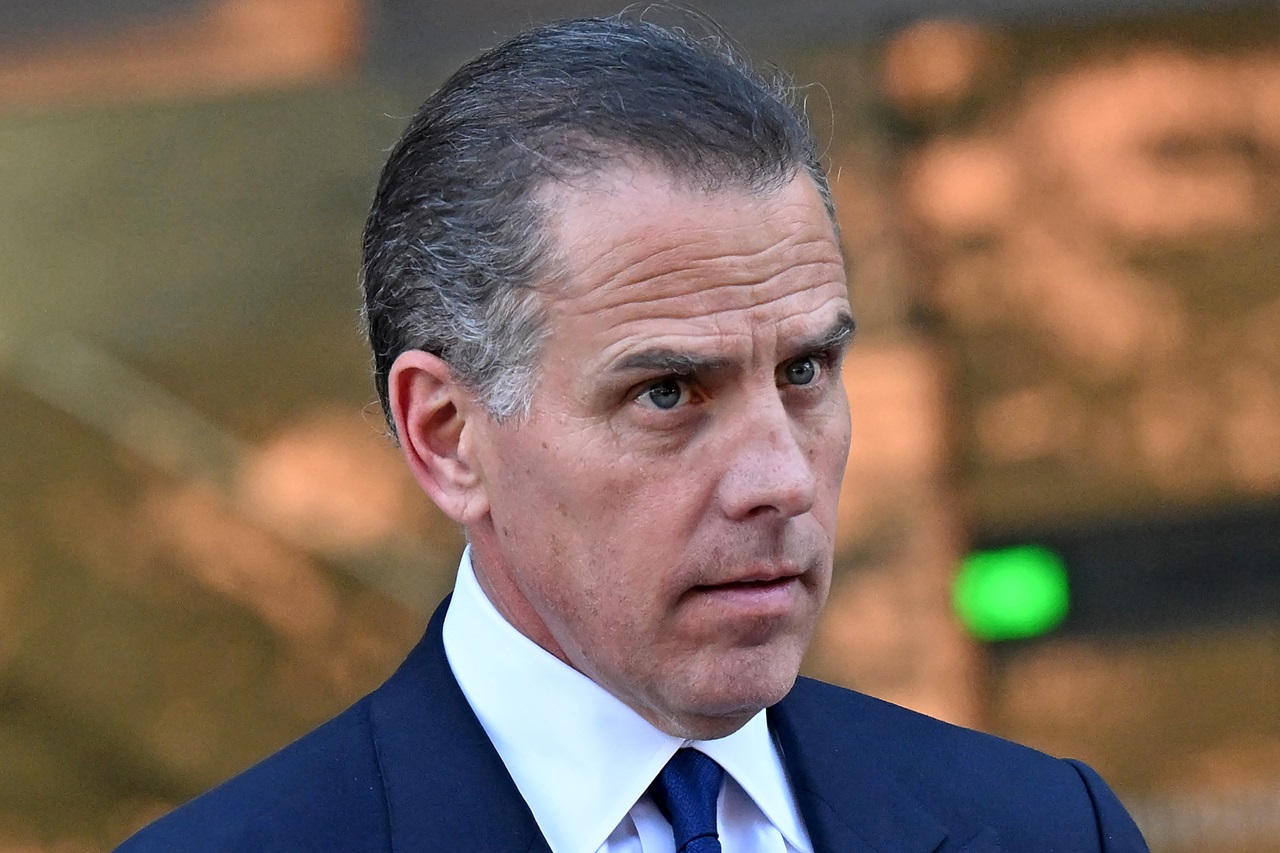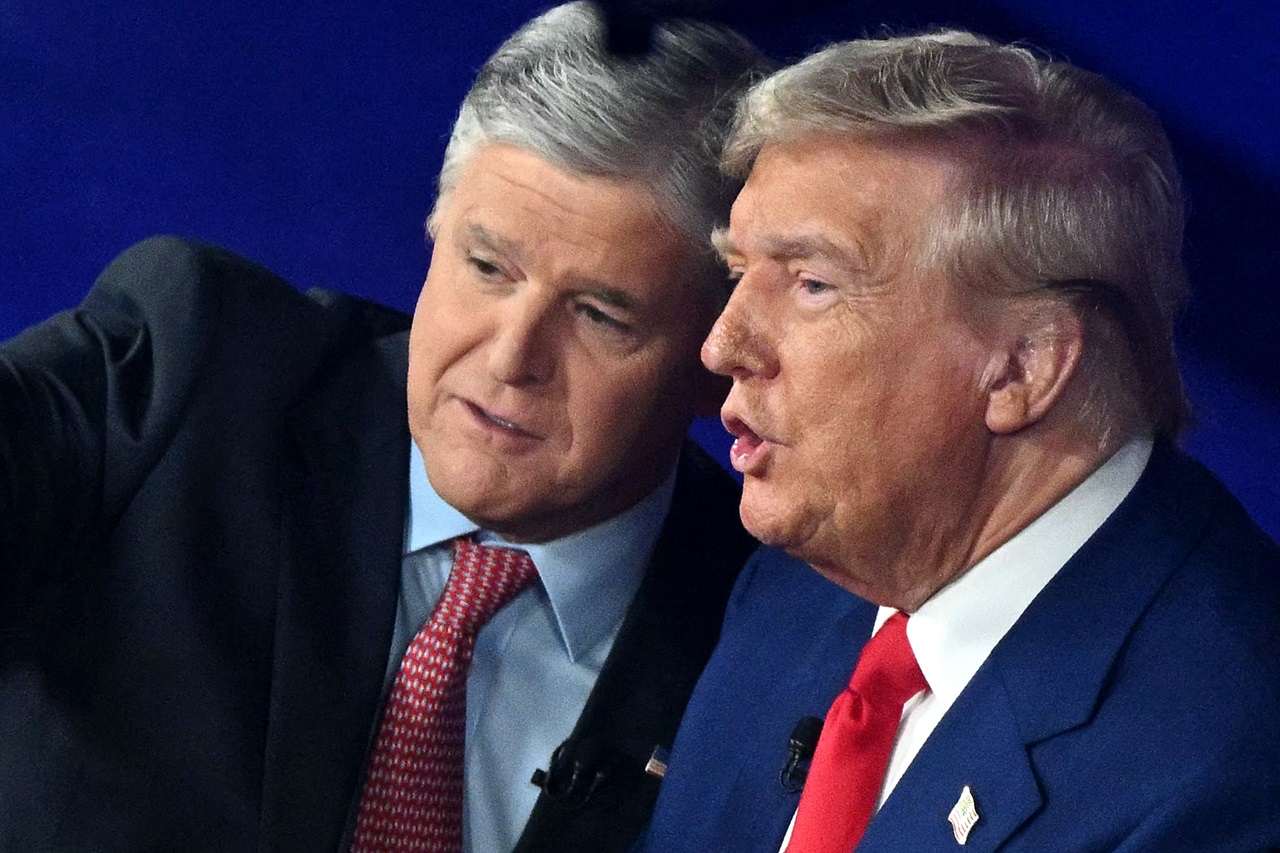
What did Jimmy Carter do for Latinos?
Is there anything worth remembering? AL DÍA asked the question.
The world stood still briefly on Saturday, Feb. 18, when the Carter Center, founded by former U.S. President Jimmy Carter and his wife, Rosalynn, announced that the 39th president “decided to spend his remaining time at home with his family and receive hospice care instead of additional medical intervention.”
“He has the full support of his family and his medical team. The Carter family asks for privacy during this time and is grateful for the concern shown by his many admirers,” the statement read in closing.
Ex-president Carter, a Democrat, served for one term before a miserable defeat by Republican President Ronald Reagan, but in his short stint, he managed to advance Latino contributions in government narrowly.
Carter isn’t remembered well. He entered his first and last term for American voters who grew distrustful of government and viewed Carter — virtually unknown at the time — as a safe choice.
Though not outwardly, Carter helped further Latino presence in at least two branches of government by supporting the legislative agenda that was beginning to emerge in the post-Nixon years.
Latinos in government
The first, and at the behest of a newly-created Congressional Hispanic Caucus in 1976, the former president tasked his administration to appoint more Latinos to government positions in agreement with members of the Caucus, according to historical archives.
Carter, at the tail-end of his term, established the Office of Hispanic Affairs “to increase Hispanic representation in the federal government and its programs; provide information about the government to Hispanics,” read records at the Jimmy Carter Library,
In doing so, he appointed the late Esteban Torres as Special Assistant to the President for Hispanic Affairs, becoming the highest-ranking Mexican-American within the administration before winning a U.S. House of Representatives race in 1982.
Under Torres, several Latinos served in high-profile roles — including Gilbert Colón, an army veteran who supervised the Social Services Department of Puerto Rico in New York City; Raúl Robert Tapia, a lawyer who clerked for the Supreme Court of Alaska; Miriam Cruz, a government staffer under Richard Daley; Hilda Solis, the first Latina elected to the California State Senate — all of whom worked as Deputy Assistant to the President for Hispanic Affairs.
Bilingual Education
RELATED CONTENT
Carter, under the guidance of the Congressional Hispanic Caucus, proposed a separate Department of Education to oversee a 1974 Supreme Court decision that required special assistance be given to students whose English was limited or nonexistent.
At the time, Congress debated amendments for bilingual programs while the Department of Education designed programs to enable non-English speaking students further to become proficient via a $135 million fund for 565 school districts across the country.
These debates set much of the tone for discussions around the 1984 Bilingual Education Act and its provisions, including challenges in court, and raised questions about government overreach in schools.
Judicial appointees
Although President Joe Biden has set a major record in the number of diverse appointments to the judiciary bench, Carter laid the groundwork to embed Latinos in the nation’s courts.
In 1979, the Honorable Reynaldo Guerra Garza was tapped to serve on the U.S. Court of Appeals, making him the first Latino man to serve on the federal judiciary some years after being the first Mexican-American to serve in a district court.
This, after Hon. Garza turned down Carter’s offer to serve in the Attorney General’s office, which would have established the first Hispanic to helm one of the most potent legal offices, pending Senate confirmation.
Following the rhythm of his predecessors, Carter also proclaimed Hispanic Heritage Week before it was expanded to a month-long period of observance by ex-President Ronald Reagan.
Carter is married to Rosalynn Smith, 95. The couple has three sons: John William, James Earl III, Donnel Jeffrey, and a daughter, Amy Lynn.











LEAVE A COMMENT:
Join the discussion! Leave a comment.